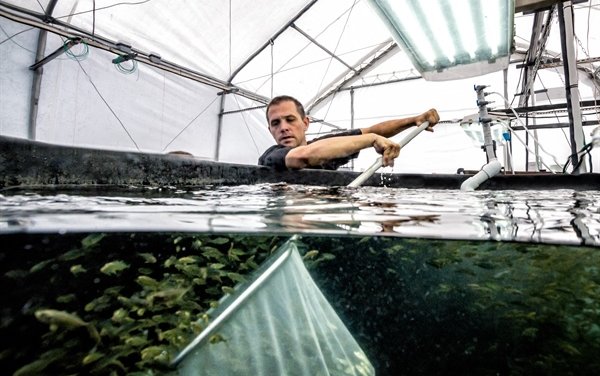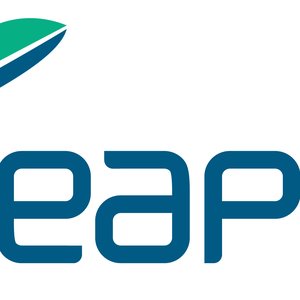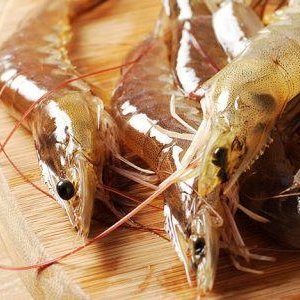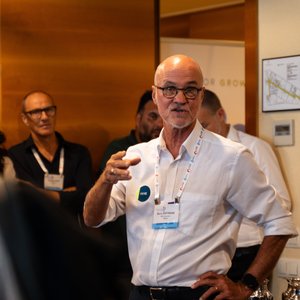Since aquaculture production has great potential for increasing the economic resilience and nutritional security of communities across the country, the NOAAA Sea Grant investments are consistent with its focus area of Sustainable Fisheries and Aquaculture (SFA) and the Sea Grant Network’s 10-year Aquaculture Vision, both of which support NOAA and Department of Commerce aquaculture goals.
“These investments demonstrate Sea Grant’s commitment to sustainably growing US aquaculture throughout coastal and Great Lakes communities,” said Jonathan Pennock, director of NOAA’s National Sea Grant College Program. “The funded projects, which address a variety of challenges, will ensure that growth of the aquaculture sector will be informed by the latest science and community needs.”
Early stage propagation strategies
NOAA Sea Grant will award a total of approximately USD 5.1 million to nine three-year research projects that will develop early-stage propagation strategies for aquaculture species. The funded projects will enhance knowledge of reproduction, hatchery, and nursery strategies for several aquaculture species including clownfish, lumpfish, oysters, sea scallops, shrimp, and seaweed to achieve a reliable and consistent supply of organisms necessary to sustain commercially-scaled on-growing operations.
A key component of this funding is the involvement of Sea Grant aquaculture extension personnel and industry stakeholders to ensure the relevance of the research and extend the project’s results to US coastal and Great Lakes aquaculture businesses. These projects will integrate research and extension through education and outreach activities.
For this program, the awardees of the investments are California, Florida, Hawai'i, Maine, Maryland, Oregon, the University of Southern California, and the Woods Hole Sea Grant programs.
Marine finfish juvenile production technologies
Similarly, NOAA Sea Grant will award USD 3.3 million for other four three-year research projects that will advance marine finfish juvenile production technologies for aquaculture. These projects target marine finfish species of interest that were identified by experts for domestic aquaculture expansion, including almaco jack, California yellowtail, and striped bass.
This program will investigate reproduction and broodstock management, hatchery, and nursery strategies that enable the reliable production of juveniles to advance commercialization. Sea Grant extension activities and industry stakeholder involvement will also play an important role in transferring the results of this project to US coastal and Great Lakes aquaculture businesses.
In this case, the awardees are California, Hawai'i, Maine, and North Carolina Sea Grant programs.
Other projects
Additionally, for the eleven advanced aquaculture collaboratives that were initially funded as part of Sea Grant's 2019 National Aquaculture Initiative, a new investment of approximately USD 4.7 million will provide a two-year extension for projects led by Connecticut, Hawai'i, Maine, Maryland, Minnesota, New Jersey, New York, North Carolina, and Washington Sea Grant programs. The projects span a variety of topics including fish and shellfish aquaculture, seaweed production, and indigenous aquaculture practices.
The projects, which are focused on accelerating the development of specific aquaculture topics through integrated teams of professionals, will boost collaborative programs, commonly referred to as "Hubs".
The “Hubs” will plan for and appropriately focus on the next generation of aquaculture investments while transferring results from research to the industry. With the additional support, the teams will continue and expand research, extension, and outreach activities and seek new collaborative activities.
Finally, NOAA Sea Grant selected Virginia Sea Grant to host the Aquaculture Information Exchange in partnership with USDA Regional Aquaculture Centers, with an award of USD 785,000 over four years.
The Aquaculture Information Exchange will be an online community that engages individuals from both the public and private sectors with interests in US aquaculture and related topics. The establishment of this exchange represents a joint effort of NOAA Sea Grant, NOAA Fisheries Office of Aquaculture, NOAA Office of Education, NOAA National Centers for Coastal Ocean Science, USDA-ARS, and USDA-NIFA, and it aims to enhance collaboration between growers, researchers, hatcheries, industry, government agencies and other parties with an interest in aquaculture.
More info about Sea Grant Fall 2022 Aquaculture Investments here.













